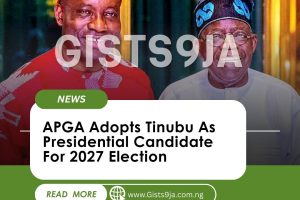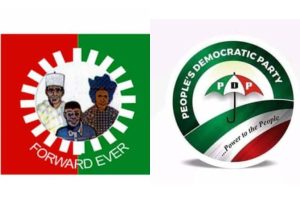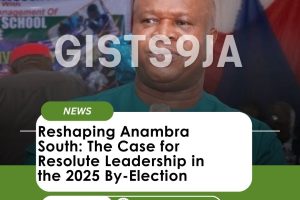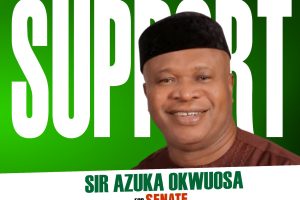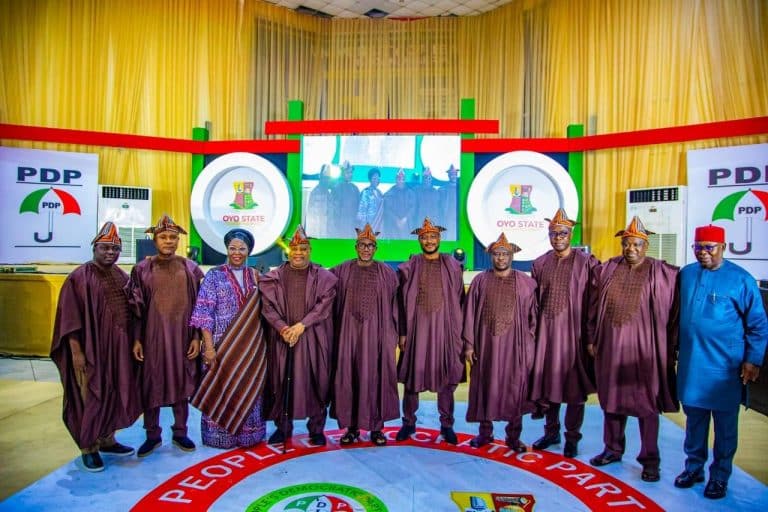
The Peoples Democratic Party (PDP) has stated that while it remains open to collaborating with individuals and political parties, it will not be part of any proposed coalition aimed specifically at unseating the All Progressives Congress (APC) in the 2027 general elections.
This position was made clear by the Chairman of the PDP Governors’ Forum and Governor of Bauchi State, Bala Mohammed, during a press briefing that followed a strategic meeting of party leaders held in Ibadan, Oyo State, between Sunday and Monday.
Governor Mohammed emphasized that the PDP is more focused on strengthening its internal structures and preparing for the next electoral cycle on its own terms, rather than aligning with coalitions built around opposing a single party.
“We are open to dialogue and building bridges with like-minded individuals and political organizations,” he said. “However, the PDP will not tie its future to any coalition that is solely aimed at fighting the APC. Our focus is on rebuilding our party and presenting a credible alternative to Nigerians.”
This development comes amid mounting speculation surrounding a possible political alliance ahead of 2027, involving key figures from the opposition. Notably, former PDP presidential candidate Atiku Abubakar, Labour Party (LP) presidential candidate Peter Obi, and ex-Kaduna State governor Nasir El-Rufai have been actively advocating for a grand coalition to challenge the ruling APC.
While talks of such a coalition have generated widespread interest, the PDP’s latest stance signals a more cautious approach to political partnerships. Party insiders suggest the PDP wants to avoid repeating past mistakes of hasty alliances that lacked clear ideological foundations or long-term cohesion.
Observers believe this move by the PDP could either strengthen the party’s independence or isolate it from a potentially powerful opposition front, depending on how political dynamics unfold in the coming months.
As the race toward 2027 gains momentum, the PDP appears to be charting its course with a focus on party unity, internal reforms, and grassroots mobilization, even as conversations around coalitions continue to dominate Nigeria’s political landscape.


